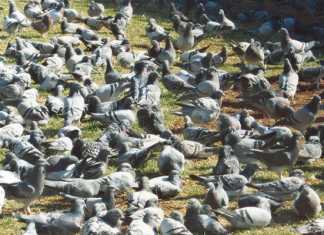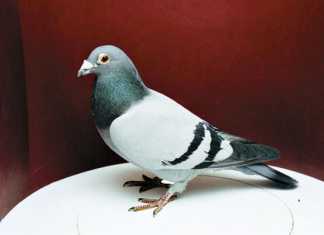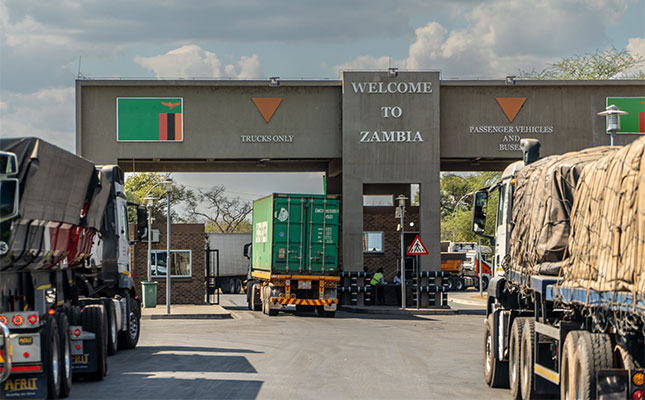Born to the pigeon loft
Danie Barnard's dad kept pigeons all his life as a non-competing fancier, so Danie Jnr was raised in the pigeon loft.
All in the eyes of the pigeon racer
The qualities of a good racing pigeon aren't always visible at first glance, writes Thomas Smit.
Pigeon racing: examine the eyes
A number of ambitious beginners in the pigeon sport have asked what to look for in the eye of a racing pigeon. The information here is based on my own experience and, in my view, is backed by results.
Manipulating form in pigeon racing
The recipe for success in pigeon racing is entirely in human hands, writes Thomas Smit.
Observing and training winning pigeons
Importing good pigeons isn't as important as how we train the ones we have, writes Thomas Smit.
Tips for winning distance races
To be successful in racing pigeons, you need discipline and hard work. You need to examine the racing programme to understand what's expected from the pigeons and how to train them to give their best within the demands of the programme.
Are your pigeons tough enough?
The distance flown is not the deciding factor when identifying a disastrous pigeon race event, but rather the speed and the losses.
Should racing pigeons take their medicine?
Over the years we've received contrary advice about routine treatment in the off-season. Some are entirely against it, while others strongly advises it, but with caution. Who should we follow?
Optimal veld management in the Little Karoo
When stocking game in the Little Karoo, farmers must be aware of the fragility of this veld. Careful monitoring of veld, starting with the right species, as well as the animals already on a farm, should all be considered, so says Ken Coetzee of Conservation Management Services. Glenneis Erasmus spoke to him about how to get stocking rates right.
Laminitis: too much rich food can cause lameness
Laminitis often has devastating consequences for your horse's ability to work. If it's too severe, your horse may even have to be put down, writes Dr Mac.
Disastrous flights for racers
Freak weather, fatigue and inexperience can result in losses, more so if the birds are younger than six months old.
Game: a still-growing industry
A scientific analysis of price trends at last year's game auctions indicates that despite the economic downturn, demand for certain species was high and more animals were being sold directly to game capturers.
Match-making methods with pigeons
We take a look at the importance of racing performance, natural selection and human intervention in pigeon breeding.
Racing pigeons & heat training
Heat training will only help to a point. Pigeons should have the right genotype to handle heat.
Pigeon theft!
Since an overwhelming number of rich racing pigeon fanciers have entered the sport over the last few years, cash prize money in SA has rocketed into the millions.
More about pigeon health
In the final part of THis series on pigeon health, I'd like to remind readers that it's an area that's not conclusive and there are always advancements. Diagnostics is a specialised field and I will continue to report on new research findings.
Keeping your pigeons healthy
Sick Racing Pigeons can't produce healthy offspring and sick pigeons in a loft put other lofts at risk of contamination. Keeping our pigeons healthy is everybody's business.
Racing pigeons selection guideline controversies – a study for beginners
This article is going to save you time and money. Beginners and struggling fanciers often don't get proper support with their pigeons. Even worse than getting little to no help, is getting conflicting advice.
Issue date:
Issue date:
The speed of racing pigeons
In part one of this series we concluded that the winning pigeon of a race event can’t become the winner if it doesn’t have more speed.
- ADVERTISEMENT -
MUST READS
- ADVERTISEMENT -
- ADVERTISEMENT -







